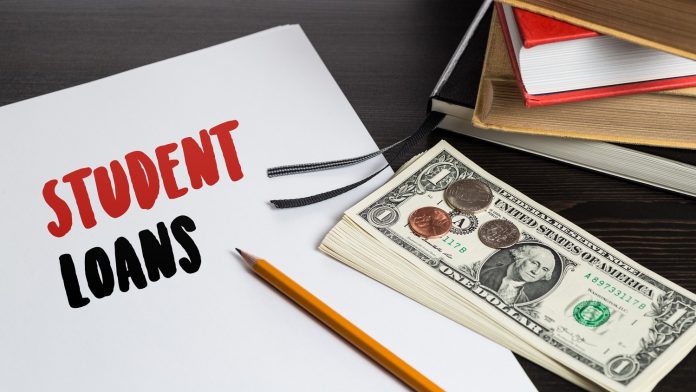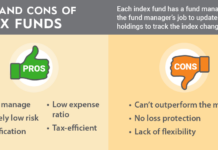You may have heard that U.S. President Donald Trump proposed ending a federal student loan forgiveness plan in his 2021 budget.
His proposal would terminate a popular program for federal and nonprofit employees that forgives student loan debt after 10-years of on-time payments. It would also reduce the number of repayment options for borrowers.
It’s still unlikely his proposal would pass, as Trump has suggested cutting the forgiveness program in years past. Still, it’s a good reminder that there are forgiveness programs out there if you are struggling to pay off your student loans.
What is Student Loan Forgiveness?
There are a number of different student loan forgiveness programs, but it’s essentially a way for the government to encourage borrowers to pay part of their loans without defaulting.
Depending on whether you qualify or not, you can get your loans forgiven after 10 to 25 years. Private loans are not eligible for forgiveness.
There are three main ways to have your student loans forgiven. First, by working in public service, by applying for an income-based payment plan, or other circumstances like death, a disability, or identity theft.

The Different Types of Student Loan Forgiveness Programs
- Income-based
If you’re struggling to make your monthly payments, then you can apply for a plan based on your income. Many of these plans will ask you to pay 10% to 15% of your monthly income and your debt is forgiven in 20 to 25 years. However, you will need to apply every year and your payment amount can vary depending on your income.
- Teacher forgiveness plans
If you are a teacher at a public school for five years, you can get up to $17,500 of your student loans forgiven.
- Public service loan forgiveness
If you work in the public sector, the nonprofit or the PeaceCorp or AmeriCorps full-time and make payments for 10 years, the rest of your debt will be forgiven.
- Military loan forgiveness
U.S. service members can have their debt forgiven but it depends on their branch. There are a number of different factors including active duty status, loan interest among, time served, among other things.
- Nurse and doctor forgiveness programs
There are also a number of options for people who work in the medical field. Nurses working in a high-need area can get up to 85% of their debt forgiven. Doctors can also get some of their loans discharged if they work in qualified areas for a specified length of time.
How to Qualify for Student Loan Debt Forgiveness
You can find out if you qualify for loan forgiveness by checking out the student aid website. You will need to provide proof of income, tax statements and possibly other documentation depending on the program you apply for. You will be responsible for paying your loans until a decision is made, which can take a few months.
Keep in mind that even if your debt is forgiven, you may still need to pay income tax. The IRS considers any payment plan that is forgiven as taxable, so make sure to prepare before you get a hefty tax bill when you least expect it.












